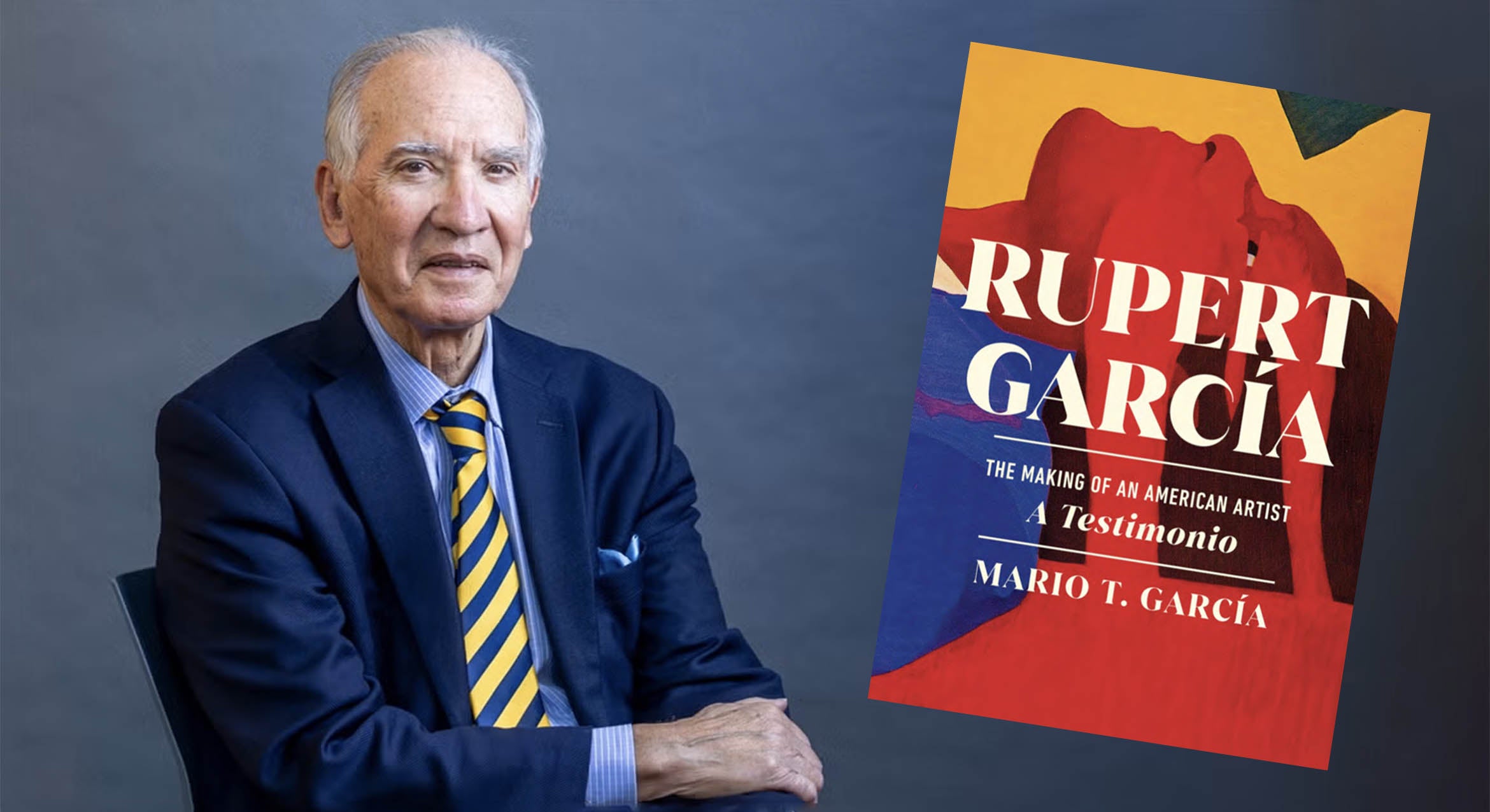One of Western literature's enduring views of Asia is presented in the story "Madame Butterfly."
The tragic tale has appeared in various forms, from its beginning as a short story by American John Luther Long to its most popular incarnation as the now classic opera by Giacomo Puccini, and each adaptation has added its own twists of plot. But no matter the version, the basic story depicts Asian women as submissive, fragile creatures of beauty with eyes for Western men to whom they are worthy of only a trifling relationship.
For a long time that point of view has bothered acclaimed poet Shirley Geok-lin Lim, a professor of English at the University of California, Santa Barbara.
And in Lim's first novel, Joss and Gold (2001, the Feminist Press), the story's heroine finally gets her due.
"What I wanted to do is retell the Madame Butterfly story," said Lim, whose book of poems about her Malaysian youth, Among the White Moon Faces: An Asian-American Memoir of Homelands, won a 1997 American Book Award.
"Most Americans, of course, now know the story as the Miss Saigon Story.
An Asian woman has a child by a white man, who leaves and then returns with his white wife wanting to claim the child.
And in the end, Madame Butterfly gives up her child to this man and then kills herself."
Lim has long found that depiction not only repugnant but also contrary to what she knows about modern Asian women.
"This view just doesn't strike any recognition in me," Lim said.
"I go back to Asia often and many of my friends are strong successful women.
They are CEOs, managers of companies; they are professional; they have money; they buy their own homes. They are nothing like the old stereotype of the frail, delicate, sacrificing Asian woman.
"So I wanted to write a novel that would counter that story."
In Joss and Gold, which Lim began to write in 1979, that goal is realized.
Lim's heroine is Li An, a young Malaysian woman of Chinese descent married to a wealthy and traditional Chinese man.
The story begins in Kuala Lumpur in 1968, where Li An's marriage is threatened by her attraction to American Peace Corps volunteer Chester Brookfield.
Indeed, Li An and Chester consummate their attraction and a child is conceived.
Chester, ignorant of Li An's pregnancy, returns to the United States, Li An gives birth, and her marriage fails.
Disillusioned by the departure of Chester, from whom she expected a lasting relationship, and rejected by her husband, Li An moves with her child to Singapore, where she becomes a devoted mother and a successful businesswoman.
Eleven years later, Chester, married but childless, comes to Singapore to investigate rumors he is the father of Li An's child.
But there is neither romance nor tragedy in Li An's reunion with Chester.
He did not come back to see her; he came to see her child. And Li An makes it clear that the girl -- without a father all these years -- belongs to no one but her.
Reviewers have found Lim's first novel to be every bit the lyrical and stylistic triumph one would expect from this celebrated poet.
"This elegantly crafted tale places Lim among the most imaginative and dexterous storytellers in the English language today," said Rey Chow, the Andrew W. Mellon Professor of the Humanities at Brown University and a prize-winning author.
Lim has published four books of poetry, the first of which, Crossing the Peninsula (1980), won the Commonwealth Poetry Prize.
She was a featured poet on Bill Moyers's 1999 Public Broadcasting System poetry special "Fooling With Words." She is either author or editor of many other anthologies and books on writing.



